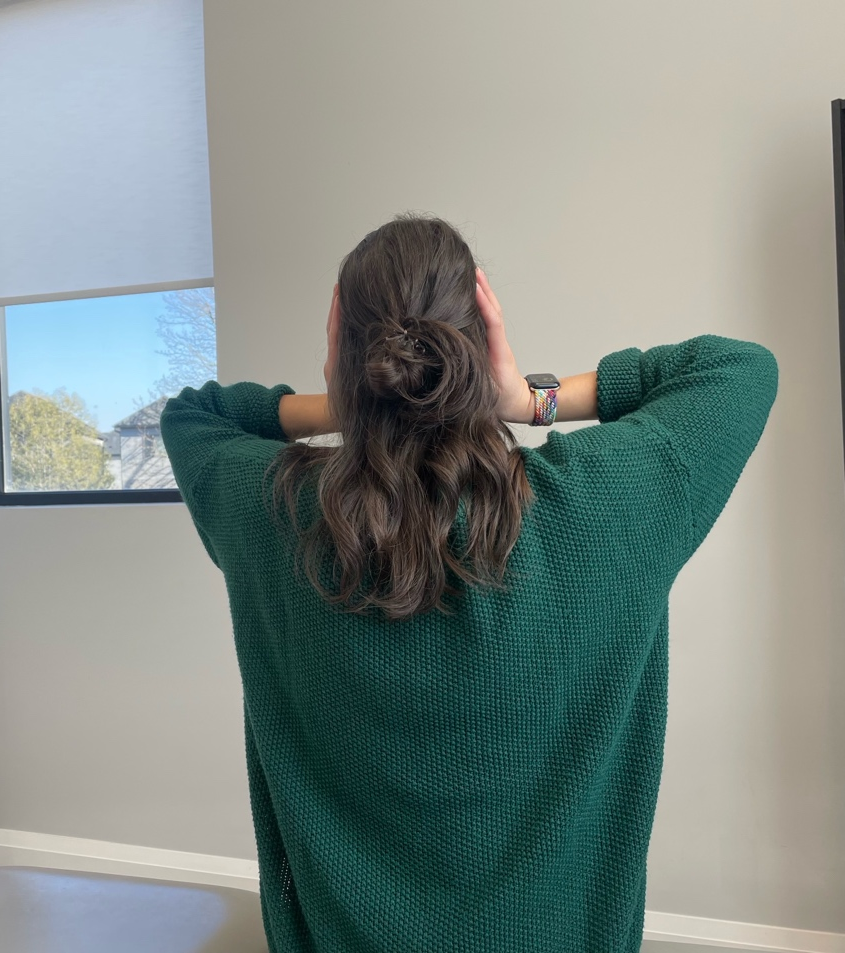In the realm of medical conditions, few are as mysterious and frustrating as tinnitus. Defined as the perception of noise or ringing in the ears without an external source, tinnitus affects millions worldwide, significantly impacting their quality of life. While it can arise from various causes, including age-related hearing loss and exposure to loud noises, one lesser-known trigger is traumatic brain injury, particularly concussions.
What is Tinnitus
Tinnitus manifests as a persistent ringing, buzzing, hissing, or clicking sound in one or both ears (Knoll et al., 2020). The perception of these sounds can range from mildly irritating to severely debilitating, interfering with concentration, sleep, and overall well-being. It’s essential to note that tinnitus is not a condition but a symptom of an underlying issue.
Concussion and Tinnitus
While the precise mechanisms linking concussions to tinnitus aren’t fully understood, researchers believe several factors contribute to their association. One theory suggests that damage to the auditory pathways within the brain following a concussion may lead to abnormal neural activity, resulting in the perception of phantom sounds characteristic of tinnitus (Knoll et al., 2020). Additionally, the physical trauma sustained during a concussion can affect the delicate structures of the inner ear, further exacerbating auditory disturbances (Knoll et al., 2020).
Types of Tinnitus
- Subjective Tinnitus: This type is where only the person experiencing it can hear the sound. It may manifest as ringing, buzzing, humming, hissing, or roaring. This is the most common type related to concussions.
- Objective Tinnitus: Unlike subjective tinnitus, objective tinnitus can be heard by both the person experiencing it and others. It is often associated with a physical source of sound within the body, such as turbulent blood flow, muscle spasms, or vascular abnormalities.
- Pulsatile Tinnitus: This type of tinnitus is characterized by rhythmic pulsing or whooshing sounds in sync with the heartbeat. It is often caused by disturbances in blood flow near the ear, such as blood vessel disorders, hypertension, or changes in blood flow due to physical exertion or changes in body position. This type is not usually related to concussions.
- Non-Pulsatile Tinnitus: In contrast to pulsatile tinnitus, non-pulsatile tinnitus is not synchronized with the heartbeat. It can manifest as constant or intermittent ringing, buzzing, or other sounds and is often associated with damage to the auditory system, such as noise-induced hearing loss, age-related hearing loss, or inner ear disorders.
- Somatic Tinnitus: Somatic tinnitus is influenced by bodily movements or sensations, such as changes in jaw position or muscle tension. It may worsen with head, neck, or jaw movements and can be associated with temporomandibular joint (TMJ) disorders or cervical spine problems.
- Neurological Tinnitus: This type of tinnitus is related to dysfunction or damage in the auditory nervous system. It can occur due to conditions like Meniere’s disease, acoustic neuroma, multiple sclerosis, or other neurological disorders affecting the auditory pathways. This type is not usually related to concussions.
- Psychologic Tinnitus: While tinnitus often has a physical cause, psychological factors such as stress, anxiety, depression, or emotional distress can exacerbate its perception and impact on an individual’s quality of life (Yang et al., 2015). Psychological tinnitus may involve heightened awareness or distress related to the tinnitus sound rather than a distinct auditory perception (Yang et al., 2015).
Diagnosis of Tinnitus
Tinnitus is not a disease itself but rather a symptom. Diagnosing tinnitus typically involves a comprehensive evaluation by a healthcare professional, often an otolaryngologist (ear, nose, and throat doctor) or an audiologist.
The steps will include a medical history, a physical examination, blood work, medication review and an audiological evaluation. In addition, imaging tests such as CT or MRI may be indicated to rule out structural problems causing the tinnitus. It is essential to rule out red flags, like pulsatile tinnitus, which is more related to disturbances in blood flow.
Treating Tinnitus
Addressing tinnitus stemming from concussions requires a multi-faceted approach that targets both the underlying injury and the associated auditory symptoms. Here are some strategies commonly employed by healthcare professionals:
- Musculoskeletal Rehabilitation: Manual therapy from a physiotherapist, osteopath, massage therapist or chiropractor can help patients with somatic tinnitus. Treatment for the head, neck or jaw structures can improve function and help reduce tinnitus.
- Acupuncture: This has been found to be effective in reducing the loudness and severity of tinnitus in non-pulsatile chronic tinnitus (Naderinabi et al., 2018). This involves acupuncture needles being inserted into specific points on the body.
- Hearing aids and sound therapy: For individuals with concurrent hearing loss, hearing aids can help alleviate tinnitus by amplifying external sounds and masking the internal noise. Sound therapy, involving white noise or soothing sounds, can also distract from the perception of tinnitus, providing relief to some sufferers. Audiologists would be able to provide this type of treatment.
- Cognitive Behavioural Therapy (CBT): Tinnitus often takes a toll on mental health, causing anxiety, depression, and sleep disturbances. Cognitive-behavioral therapy techniques can help individuals reframe their thoughts and manage emotional reactions to tinnitus, improving overall well-being. Psychotherapists are best to implement this type of treatment.
- Pharmacotherapy: While no specific medication exists to cure tinnitus, certain drugs, such as antidepressants and anti-anxiety medications, may help alleviate associated symptoms like depression and anxiety (Yang et al., 2015).
- Lifestyle Modification: Adopting healthy lifestyle habits, including regular exercise, stress management techniques, and minimizing exposure to loud noises, can contribute to better overall health and potentially reduce the severity of tinnitus symptoms.
Conclusion
Tinnitus stemming from concussions represents a complex and challenging condition to manage. By understanding the underlying mechanisms and employing a combination of medical interventions and lifestyle modifications, individuals can effectively mitigate the impact of tinnitus on their daily lives.
As research into the relationship between concussions and tinnitus continues to evolve, advancements in treatment modalities offer hope for improved outcomes and enhanced quality of life for those affected by this persistent auditory phenomenon. If you or someone you know experiences tinnitus following a concussion or head injury, seeking timely medical intervention and support is crucial for optimal management and symptom relief.
References
-
Knoll RM, Herman SD, Lubner RJ, et al. Patient-reported auditory handicap measures following mild traumatic brain injury. Laryngoscope. 2020;130(3):761–767.
-
Naderinabi, B., Soltanipour, S., Nemati, S., Saberi, A., & Parastesh, S. (2018). Acupuncture for chronic nonpulsatile tinnitus: A randomized clinical trial. Caspian Journal of Internal Medicine, 9(1), 38-45. https://doi.org/10.22088/cjim.9.1.38
-
Yang J, Peek-Asa C, Covassin T, Torner JC. Post-concussion symptoms of depression and anxiety in division I collegiate athletes. Dev Neuropsychol. 2015 Jan;40(1):18-23. doi: 10.1080/87565641.2014.973499. PMID: 25649775.


Leave a Reply